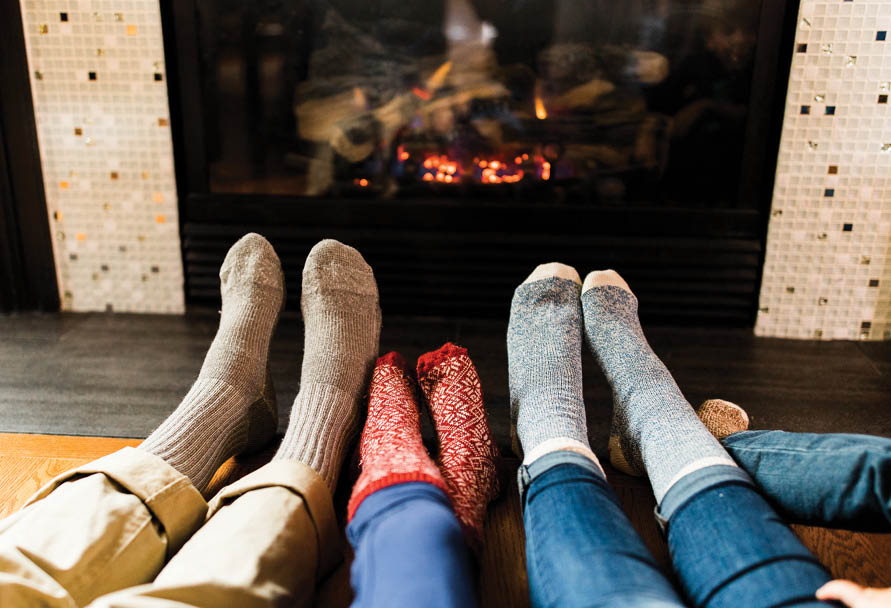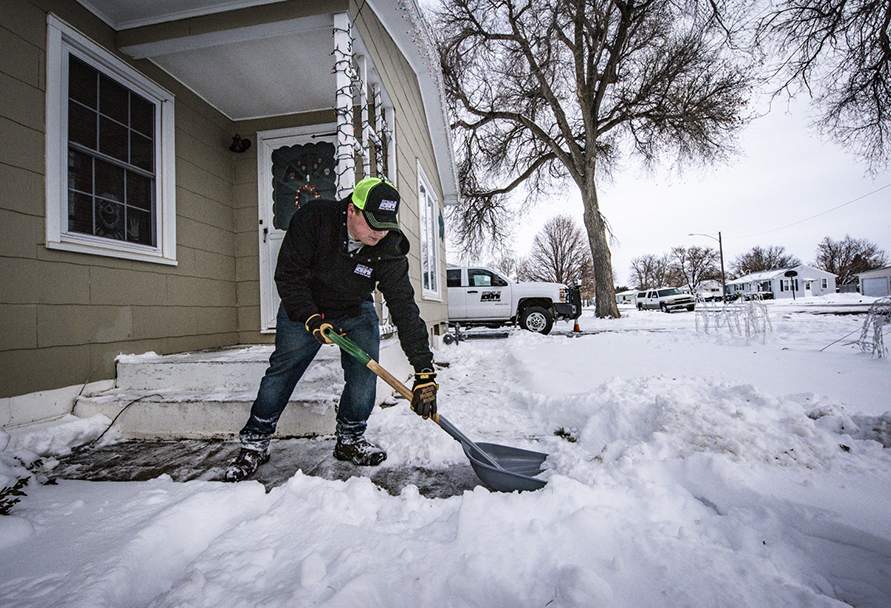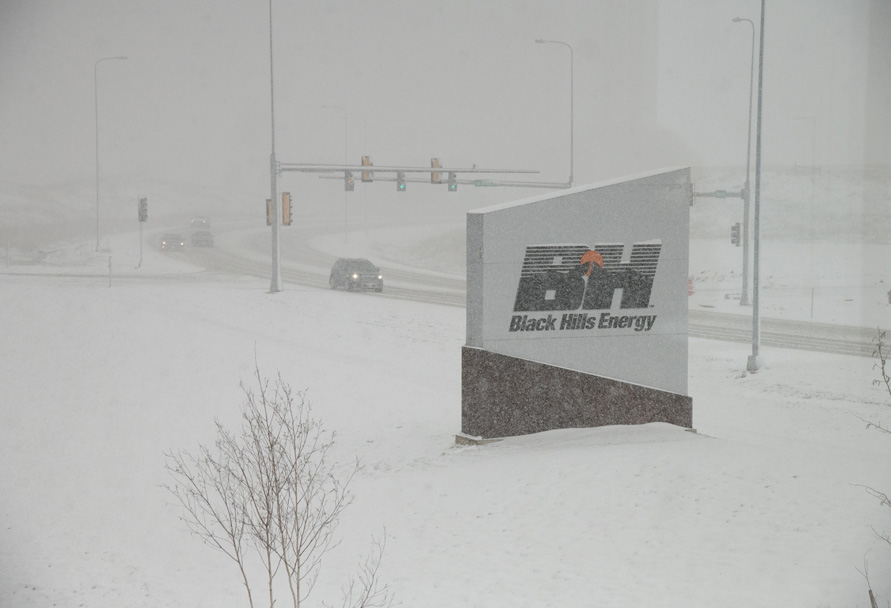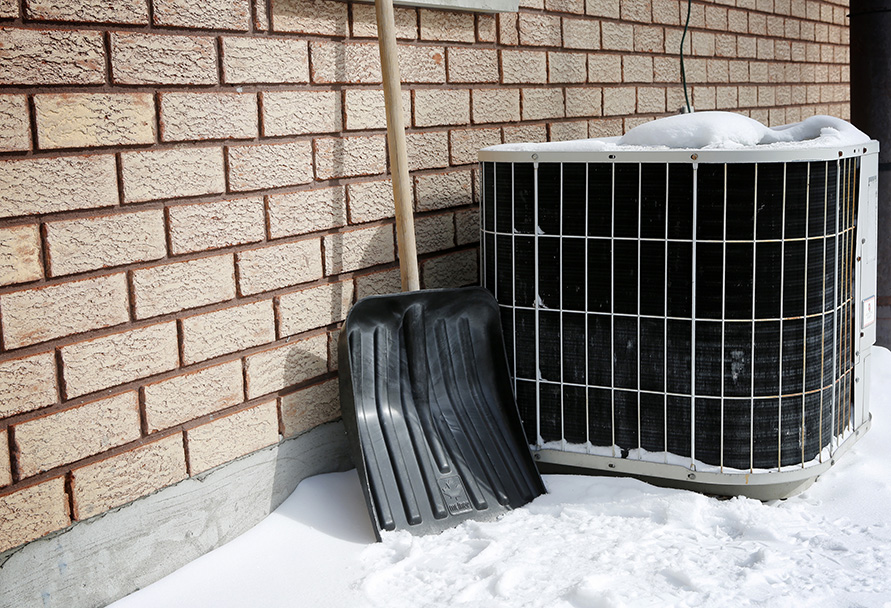
FAYETTEVILLE, Ark. — Nov. 1, 2023 — Black Hills Energy anticipates lower natural gas costs for customers this heating season compared to last winter.
“Historic natural gas production and above-average storage have provided a stable market to power this winter’s heating and electric generation needs,” said Marc Eyre, vice president of operations at Black Hills Energy in Arkansas. “As Arkansans are seeing the first cold snap of the season, we are educating our customers on energy costs while also preparing for colder weather.”
To reflect the cost to purchase gas from natural gas suppliers during the Arkansas heating season, Black Hills Energy adjusts the cost of gas each November. The winter cost of gas rate for Arkansas customers will be $0.47 per Ccf (hundred cubic feet), which is approximately 33% lower compared to last winter’s $0.70 per Ccf cost of gas rate. Natural gas prices are a pass-through cost without any markup from Black Hills Energy.
“Our focus continues to be delivering the safe, reliable energy that our customers depend on. And as we do throughout the year, we’re encouraging customers to use less energy through energy conservation and energy efficiency projects,” Eyre said. “Tips range from easy and inexpensive – like lowering the thermostat by a couple of degrees and closing curtains at night to keep warm air inside – to more involved projects like insulating the attic or installing weather-stripping around doors and windows to keep out drafts.”
Energy savings tips include:
-
While at home and awake, set the thermostat as low as is comfortable on cold days. A smart or programmable thermostat can make it easy to set back the temperature.
-
Reduce energy waste by using weather stripping and caulking around doors and windows to seal holes or gaps.
-
Turn down the hot water heater to 120 degrees and ensure it is insulated properly. Water heaters are the second largest energy user in a house, accounting for about 18% of an energy bill.
-
Run complete loads of laundry and dishes to avoid using more hot water and energy than necessary.
-
Skip the dishwasher drying cycle. Prop the door open once dishes are washed and allow them to air dry.
Customers may find conservation tips and safety reminders, along with Arkansas energy efficiency rebates and assistance programs at blackhillsenergy.com/ready.
Customers are also encouraged to sign up for Budget Billing, a free payment plan that averages the amount owed each month.
Arkansans may dial 2-1-1 or 1-866-489-6983 to speak with an Arkansas 211 community resource specialist, text their zip code to 898-211 (TXT211) or search resources at Arkansas211.org. Arkansas 211 administers the Black Hills Cares energy assistance program in Arkansas.



